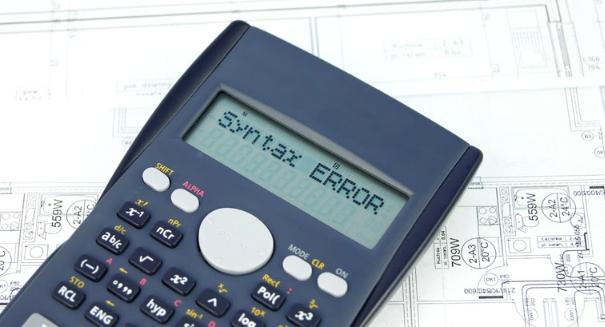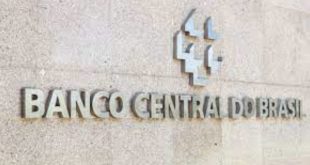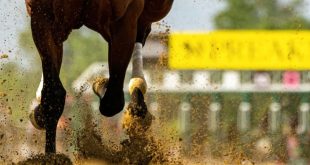Opening the week, industry strategic consultancy Regulus Partners provides an Irish overview, assessing whether the government can reform its newly sanctioned betting tax scheme by forming a level playing field for its incumbents.
________________
The Irish government is reportedly considering changes to its betting duty regime in light of the evidence of the first six months of doubling the rate (from 1 to 2% of turnover). The proposal mooted is to create a tax-free threshold of up to €2.5m turnover effectively taking the remaining small independent shops out of tax, but making little difference to any operator with more than circa 5-10 shops.
More radical proposals put forward by the IBA, to introduce a revenue tax that varied by channel (with a higher rate for online than retail), were met with fears that it might fall foul of EU law (despite being allowed in Italy) and were probably also diluted by the absence of threatened closures.
When the Irish government decided to double turnover tax to 2% last year, many Irish betting stakeholders predicted a significant decline in the number of shops, causing a net tax position (especially when factoring in employment) little better, and potentially worse, than where the government started. It is possible that the government’s promise to review the measure has stayed the hand of some closures, but so far they haven’t happened and betting tax receipts have grown commensurately (by c. 60%, possibly reflecting price increases and mix changes reducing recycling and also reducing the net rate of tax on revenue).
Given that much of the pre-recession over-capacity had already been taken out of the market and the Irish market is now relatively concentrated into strong operators (PP, Boyles, Ladbrokes), this is perhaps unsurprising: the doubling of duty is more a tax on profits than a creaking system, unpopular no doubt but not necessarily structurally threatening.
It should be unsurprising, therefore, that the government is considering tweaks to help the hardest hit that are genuinely facing structural problems (small independents) rather than a reversal of policy or a wholesale overhaul. It should also be noted that the Irish government already has a variegated effective tax rate on the revenue level (where it matters), given that (increasingly popular) sports multiples are effectively taxed at c. 10% while keenly priced singles / in-play sports bets are effectively taxed at over 50% – it is only traditional products (racing, dogs, virtuals, numbers) where a single rate of turnover makes much sense as a non-distortive duty.
There is also a distortive risk in the proposed tweaks that small independent shops could proliferate once more in a tax-free environment (enjoying material end-user price advantages offsetting limited economies of scale) – taking small but meaningful market share from the majors and so depressing profits, taxes and capacity to deal with responsible gambling issues.
A broader point made by the Irish government is important and essentially right for the wrong reasons, in our view. In defending the tax increase, the Department of Finance pointed out that Irish Betting Duty was still lower than the effective rate of VAT (20%) at payout ratios lower than 90% (true, but VAT charged in the gambling supply chain is irrecoverable, causing a material additional cost); and that the duty is still 1/40th lower than tobacco and 1/15th that of beer.
The sin tax comparison is dangerously misleading since tobacco and beer duties effectively fall on net revenue – customers do not give 90% of their beer and fags back… However, while it is dangerously misleading it should also be an indicator of where the tax argument can (quite quickly) go.
Commercial gambling operators love to complain about paying tax – any tax – often because they have built businesses around a low tax / no tax environment and cannot see where the increases can come from except profits (actually it is usually over-capacity or share-led vs. segment growth-led marketing that gets cut, since this is where otherwise excess profits tend to get spent in a competitive landscape).
The problem with this is that operators often paint a picture of catastrophe in a higher tax environment that does not materialise. It also exposes gambling sectors on relatively low levels of tax (e.g. broadly in line with equivalent rates of VAT / GST) to the point that they are not ‘sin taxed’ at all. Gambling operators that want a tax fight (in Ireland or elsewhere) might do well to remember that the average rate of tobacco duty is c. 60-80% revenue, while alcohol is c. 30-40% including VAT (although varying much more widely by country) – and pick their words carefully…
Ireland: horseracing – open for business
In a period where the shock news (subsequently watered down) that Michael O’Leary was preparing to reduce commitment to the sport, it is worth flagging the underlying strength of Irish racing. Results for H119 show a 9% increase in racecourse attendance which filtered through to 12% increase in on-course bookmaker turnover, a 10% increase in on-course FOB shop turnover and a 5% increase in Tote turnover (tellingly lagging the fixed odds trend); attendance growth also justified a 13% increase in sponsorship revenue.
Active owners of racehorses also increased by 9% – with both the number of new owners (484) and the retention rate (87% two-year +) hitting pre-recession levels for the first time in a decade; contributing to a 4% increase in horses in training and a 9% increase in individual runners. This drove field sizes of 11.6 (vs. c. 9 in UK).
Ireland still has its issues. For a start, it is a heavily subsidised industry, which has had a direct impact on betting (taxes doubling) and may become a serious issue if the sport was to lose currently high levels of political support (welfare, engagement among younger adults, benefits flowing to some of the wealthiest families in Ireland being some of the more obvious touch-points).
The Dominance of the highest quality horses among a few owners has also meant that big field sizes have not always directly flowed into more competitive racing – which is bad for the mass market punter, bookmakers and other owners. However, the H119 stats clearly demonstrate that horseracing in Ireland remains very healthy as a mass-market sport, encouraging engagement across attendance, betting and even ownership.
It is this broad base of appeal and engagement that is key to sustainability, in our view – with little room for the elitism, snobbery or niche protectionism found in so many other racing markets. Indeed, notwithstanding fears over Brexit, this strength of funding, expertise (especially in jumps) and openness is likely to attract growing numbers of British owners to Irish yards, in our view.
__________________
Content provided by Regulus Partners










